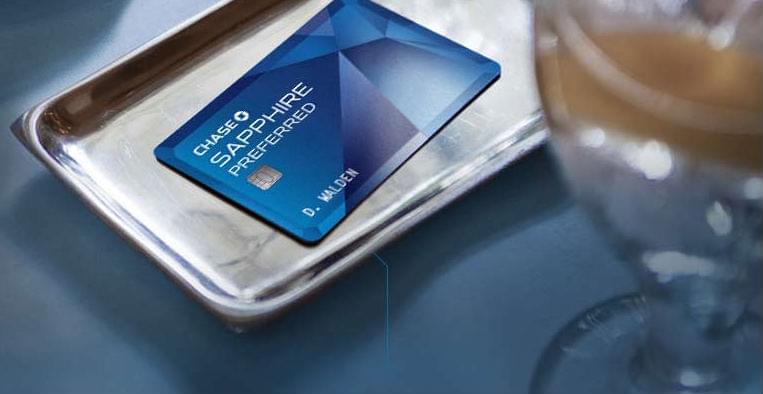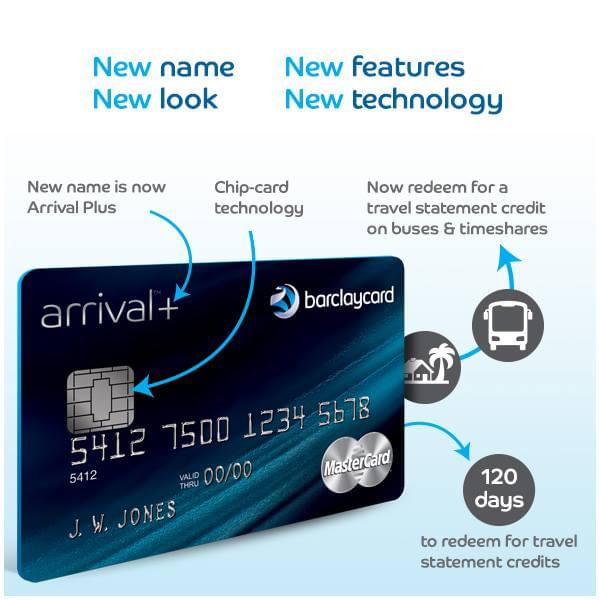
Congratulations! You’ve decided to take the plunge into miles credit card land. It’s a nice plunge. I promise. There are gourmet meals on airplanes, luxury hotel rooms with private Jacuzzis, and lounges with sleeping cabanas and massages in your future.
Let’s get you your first card (and soon your first trip!) so you can start reaping the benefits.
Before You Start Applying for Reward Credit Cards.
If you are just applying for one card, there is no need to worry about taking a hit on your credit score; one card won’t have a big effect, and your increased available credit will balance it out soon.
However, you do need to keep in mind that if your credit score is low (700 or above is generally considered good, but some cards might be available from mid-600 depending on your circumstances), you might have a hard time
It’s also worth calculating how much you can reasonably spend in the period required to get the bonus points (typically three months), to make sure the card is worth it. Look at your past debit and credit card statements to get a sense of your monthly spending.
Last, but not least, when it comes to anything with rewards travel, never take no for an answer! If you apply for a card and get declined, call the reconsideration line and make your case. Then do it again if you have to until you get the card you want or something similar.
The Three Best General Award Credit Cards
If you are just dipping your toe in the water and want one rewards card to start with, choose one of these. Each of these cards have powerful transfer programs, which means they are not linked to one airline, so you can transform you points into miles whenever and wherever you need them.
They also all have significant sign-on bonuses that you can translate into a trip immediately if you want so that you start feeling the effects of playing the miles game right away.

This is one of the most valuable points cards out there, and it’s also connected to one of the most versatile points programs.
You can use Chase Ultimate Rewards points for cash back, to directly book travel with a 20 percent discount, or by transferring them to partner travel programs, from airlines and hotels to rental cars and trains.
Sign-on bonus:
Typically 40,000 points, occasionally 50,000
Minimum spend:
$3,000 in three months
Perks:
- 2 points per dollar spend on travel and restaurants
- no foreign transaction fees
- low annual fee ($95), waived the first year
- 7 percent annual points dividend (yes, you get points back at the end of the year even if youve spent them)
- Visa Signature benefits such as insurance on rental cars
Backup plan: Chase Freedom
The low sign-on bonus (10,000-20,000) comes with a correspondingly low minimum spend of $500, but you can rack up a lot of Ultimate Rewards points by maximizing quarterly 5x point categories. Once you’ve built a history with Chase, you can apply for a travel credit card and transfer the points your accrued.

When this card first came on the market recently, everyone lauded it as a strong rival to the popular Chase Sapphire Card.
Points don’t work like airline miles or hotel points, where what you’re looking to redeem for is valued according to a redemption chart. You can use your points at a fixed rate of one cent to purchase any travel.
Sign-on bonus:
- 40,000 points
Minimum spend:
- $3,000 spend in three months
Perks:
- 2 points per $1 spent
- points can be redeemed for any type of travel expense
- 10 percent of miles redeemed for travel back
- $89 annual fee waived the first year
World Elite MasterCard travel perks - Complimentary TripIt Pro and Hertz Club Gold
Backup plan: Barclays Arrival World MasterCard
If you can’t swing the Arrival Plus card, ask for the simple Arrival card. It has no annual fee, and still comes with the great concierge travel perks of the World MasterCard services. You get two points per dollar on restaurants and travel, but one on everything else. The sign-on bonus is lower but easier: 20,000 points after spending $1,000 in three months.
Starwood Preferred Guest American Express

A lot of airlines and hotels partner with American Express to release co-branded cards, but the American Express Starwood Preferred Guest is one of the most valuable cards.
Starpoints (from the Starwood program) are consistently some of the most valuable points or miles on the market. Besides, the sign-up bonus looks huge compared to other cards, and it’s worth just as much if not more.
Sign-on bonus:
- 75,000 Starpoints
Minimum spend:
- $3,000 in three months
Perks:
- 2.3 cents per point value when redeemed for hotel nights
- one Starpoint per dollar spent
- 25 percent bonus on transfers to most airline partners
- car and travel accident insurance and roadside and travel concierge services
Backup plan
Unfortunately, the Starwood Preferred Guest American Express is the only credit attached to the SPG program, so if Amex won’t give you this card, you can try for another Amex to earn standing with the company, but you can’t get a different version with access to SPG.





